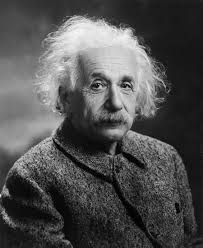记忆方法
将“physicist”分解为“physics”和“ist”。想象一个“physics”的爱好者(“ist”代表对某个领域有特别研究或实践的人),他在研究物理学的每一个方面,从而构建对“physicist”这个专业物理学家的记忆。
以上内容由AI生成, 仅供参考和借鉴
中文词源
physicist 物理学家
来自physics,物理学,-ist,人。
英语词源
- physicist (n.)
- 1836, from physics + -ist. Coined by the Rev. William Whewell (1794-1866), English polymath, to denote a "cultivator of physics" as opposed to a physician.
As we cannot use physician for a cultivator of physics, I have called him a physicist. We need very much a name to describe a cultivator of science in general. I should incline to call him a Scientist. Thus we might say, that as an Artist is a Musician, Painter, or Poet, a Scientist is a Mathematician, Physicist, or Naturalist. [William Whewell, "The Philosophy of the Inductive Sciences," London, 1840]
权威例句
- 1. I think he's a physicist or something of that nature.
- 我想他大概是物理学家或那一类的人.
- 2. He is a physicist of the first rank.
- 他是一流的物理学家.
- 3. Her husband is a world - known physicist.
- 她的丈夫是一位世界著名的物理学家.
- 4. The successful physicist never puts on airs.
- 这位卓有成就的物理学家从不搭架子.
- 5. He wanted to be a physicist and devote himself to research.
- 他立志要成为一名物理学家,并献身于科学研究.
